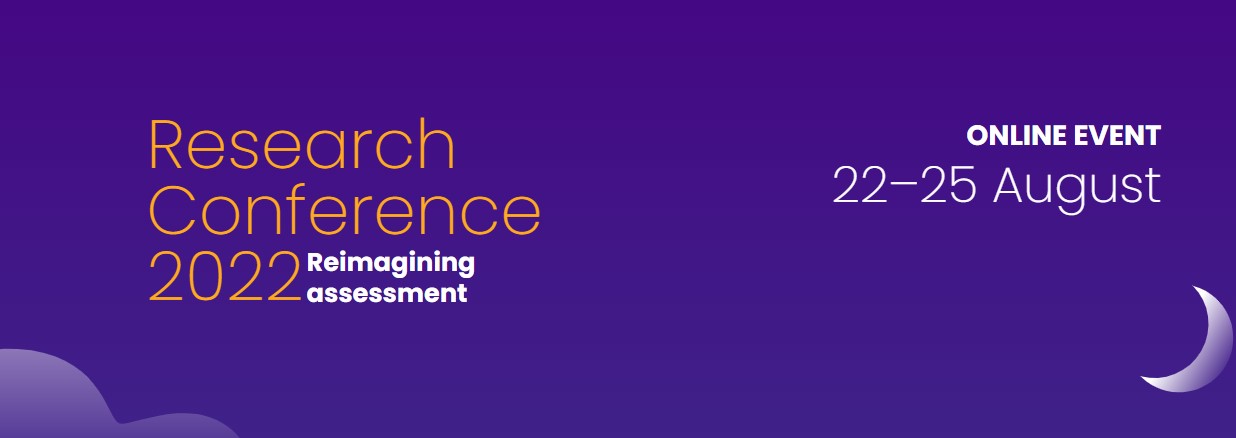Reimagining assessment in culturally responsive ways
Start Date
23-8-2022 11:15 AM
End Date
23-8-2022 12:15 PM
Subjects
First Nations students, Aboriginal students, Torres Strait Islander students, Evaluation methods, Test bias, Student assessment, Sociocultural patterns, Cultural awareness
Abstract
In educational systems, assessments determine student academic success, which is linked to economic and social outcomes beyond school. The far-reaching consequences that assessment practices hold means that they should be held to the highest standard and must be valid assessments for all. Yet, many assessments – both classroom-based and standardised, are culturally and linguistically biased. They favour dominant western knowledge systems and methods of assessment and English-based modes of communication. Consequently, such assessment practices are inherently unfair to those students from diverse cultural and linguistic backgrounds, particularly Aboriginal and Torres Strait Islander students across Australia. In this way, assessments are political acts that perpetuate and reproduce unequal systems of power in society. In this presentation, we argue that current assessment practices require urgent examination and should be reimagined in culturally responsive ways to ensure fairness for all. From a sociocultural and social justice perspective, we highlight examples of cultural and linguistic bias in assessment that disadvantages many First Nations students. We suggest that assessment practices must keep pace with recent developments in culturally responsive pedagogies to ensure they are constructively aligned with teaching and learning. We make several recommendations for improvement, which include the need for greater diversity of peoples and perspectives in the development of assessment, expanding the languages, modes and methods of assessment, and using recent technological developments to their full potential to achieve this. Such changes will make assessment more inclusive and fairer for all, particularly First Nations students.
Recommended Citation
Steele, C., & Gower, G. (2022, August 22–25). Reimagining assessment in culturally responsive ways [Conference presentation]. ACER Research Conference 2022: Reimagining assessment. https://research.acer.edu.au/rc21-30/rc2022/rc2022/7
Reimagining assessment in culturally responsive ways
In educational systems, assessments determine student academic success, which is linked to economic and social outcomes beyond school. The far-reaching consequences that assessment practices hold means that they should be held to the highest standard and must be valid assessments for all. Yet, many assessments – both classroom-based and standardised, are culturally and linguistically biased. They favour dominant western knowledge systems and methods of assessment and English-based modes of communication. Consequently, such assessment practices are inherently unfair to those students from diverse cultural and linguistic backgrounds, particularly Aboriginal and Torres Strait Islander students across Australia. In this way, assessments are political acts that perpetuate and reproduce unequal systems of power in society. In this presentation, we argue that current assessment practices require urgent examination and should be reimagined in culturally responsive ways to ensure fairness for all. From a sociocultural and social justice perspective, we highlight examples of cultural and linguistic bias in assessment that disadvantages many First Nations students. We suggest that assessment practices must keep pace with recent developments in culturally responsive pedagogies to ensure they are constructively aligned with teaching and learning. We make several recommendations for improvement, which include the need for greater diversity of peoples and perspectives in the development of assessment, expanding the languages, modes and methods of assessment, and using recent technological developments to their full potential to achieve this. Such changes will make assessment more inclusive and fairer for all, particularly First Nations students.


